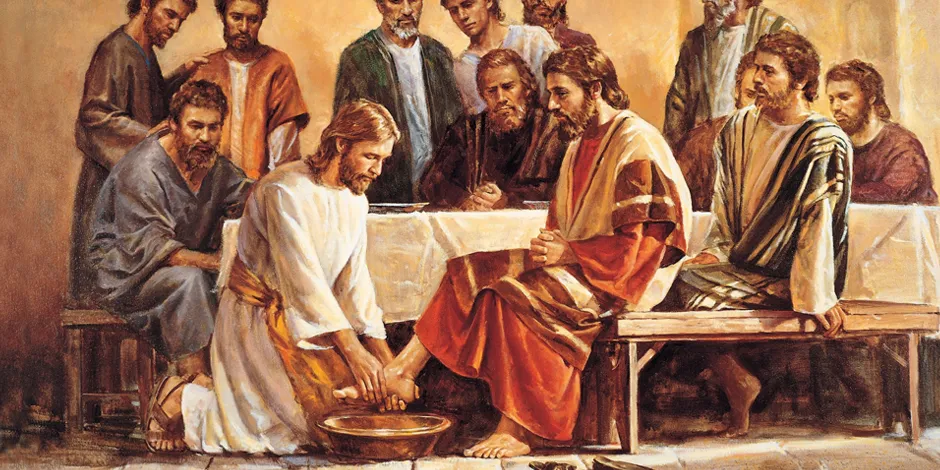Throughout history, when injustice strikes, the oft-made complaint by many people, in our nation as well as any other, is the powerful outcry, “this isn’t fair.” So strong is this invocation for justice that political movements grow and flourish when injustice occurs. Yet, whether politically or personally, these crusades for justice often find themselves causing injustice that spawns a crusade against the initial victim!
At this point, I should make clear that justice in the above sense is not actually justice but the desire that everything be split evenly. In a world void of love and evil, splitting things “fairly” might come close to actually resembling justice! Yet this is not the world we live in. Rather we live in a world where our sinful nature pushes and rationalizes taking more than our due, and our God calls us to love our enemies and pray for those who persecute us. Not a very “fair” setup?
In Christ, we are called to love our neighbor as much as we love ourselves. Often we think of the New Testament when it comes to love, but in the Old Testament, the love of God was also on display. As was the hurt that God experienced. Every time God forgives or even punishes the people of Israel when they fall away, it is done out of love. God is faithful to his covenant but when the people he cares about keep breaching it, he continues to love them. If God endures such treacherous acts in his love is it so surprising that we may endure pain in our love?
Our call to love is explicitly tied in with sacrifice and suffering. To say love is not easily angered implies a reason for anger, to say love is patient implies a reason for impatience, to say love always perseveres implies a reason for giving up. While love can exist where there is no suffering, it does not reach the same height as when there is. How can we learn to love others if there is no gift of self, relinquishing something that was truly ours to keep? Whether that is emotional energy, time, money, or forgiveness, love finds joy in the weakening of the self for the betterment of the other.
Marriage is perhaps the best microcosm where the desire for fairness acts as a vehicle for the destruction of the love we are called to. I have often heard that marriage should not be a 50/50 relationship but a 100/100 relationship. We should see our relationship with our spouse as our life’s calling and give ourselves completely to that calling. This is why marriage is a gift of oneself, physically and spiritually, to the other. When that gift comes with strings attached, problems will arise.
A deep desire for fairness often leads to resentment. Yes, while it is conceptually possible for every relationship we have in life to be exactly 50% giving and 50% taking, this is unreasonable to maintain. Outside of the pure absurdity, a calculation of this kind will entail thatwe are a prideful people. We will likely look at the work we put into the relationship and see it as having more value than the work the other puts into the relationship. This then feeds into the narrative that “I am the one who makes sacrifices” while the other spouse/friend reaps all the benefits. This perceived injustice boils underneath until it comes to a breaking point when a fight breaks out. Yet, this fighting does not often bring balance to the 50-50 but further resentment and division.
Resentment is a slow, quiet killer in any relationship that can build up gradually without thought. It may even start as a quiet self-honoring feeling that you are the selfless one in the relationship. Over time, as challenges impact the relationship, those years of ‘selfless’ love seem to be paying little interest. Resentment begins as you see the other member of the relationship as a burden or someone weighing you down. Then, in a climactic moment of truth, the relationship risks immediate destruction. Or even worse, a slow quiet death over several years of quiet passive-aggressive erosion.
The antidote? Love. This is nothing mind-boggling or complicated. Just to love others, your friends, and your family as God loves them, retaining in the back of your mind the fact that you will never be able to truly love them all that they deserve. Just as fairness is a relationship killer, agapē is the basis on which relationships are built.
So let us rejoice that life is not fair because this gives us the opportunity to truly grow in our ability to love free of any debt calculation or concern for ourselves!


Leave a Reply